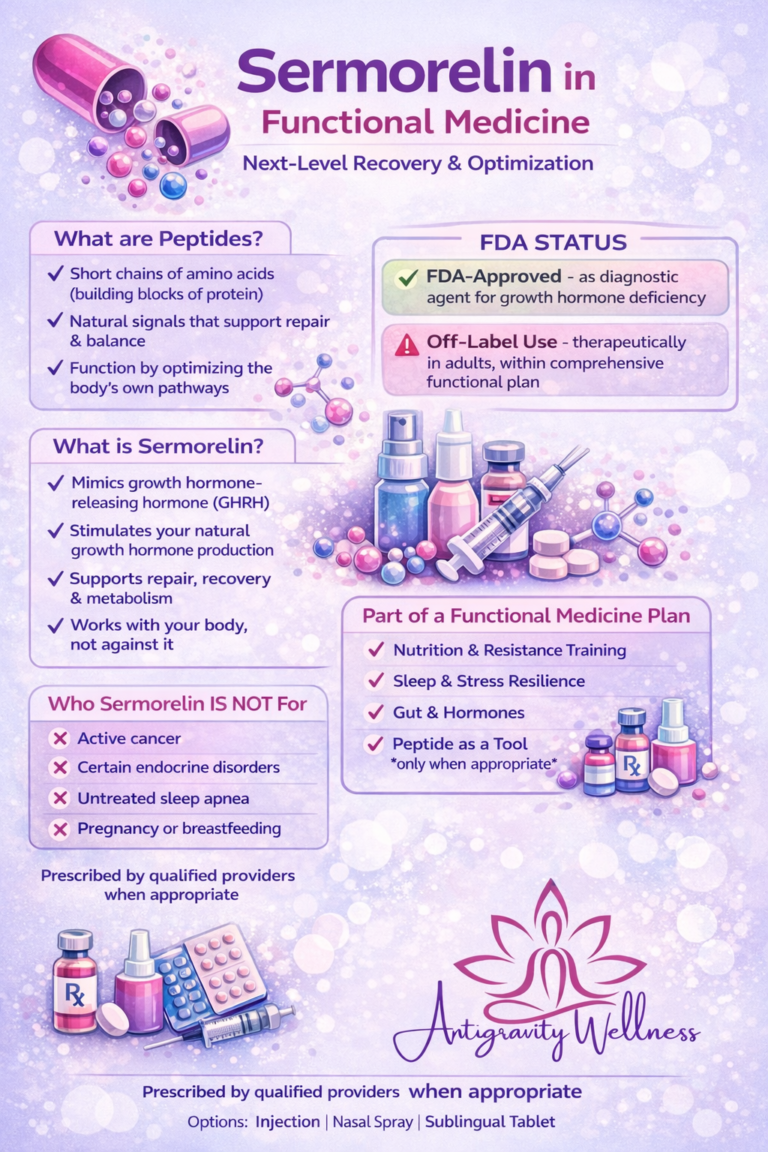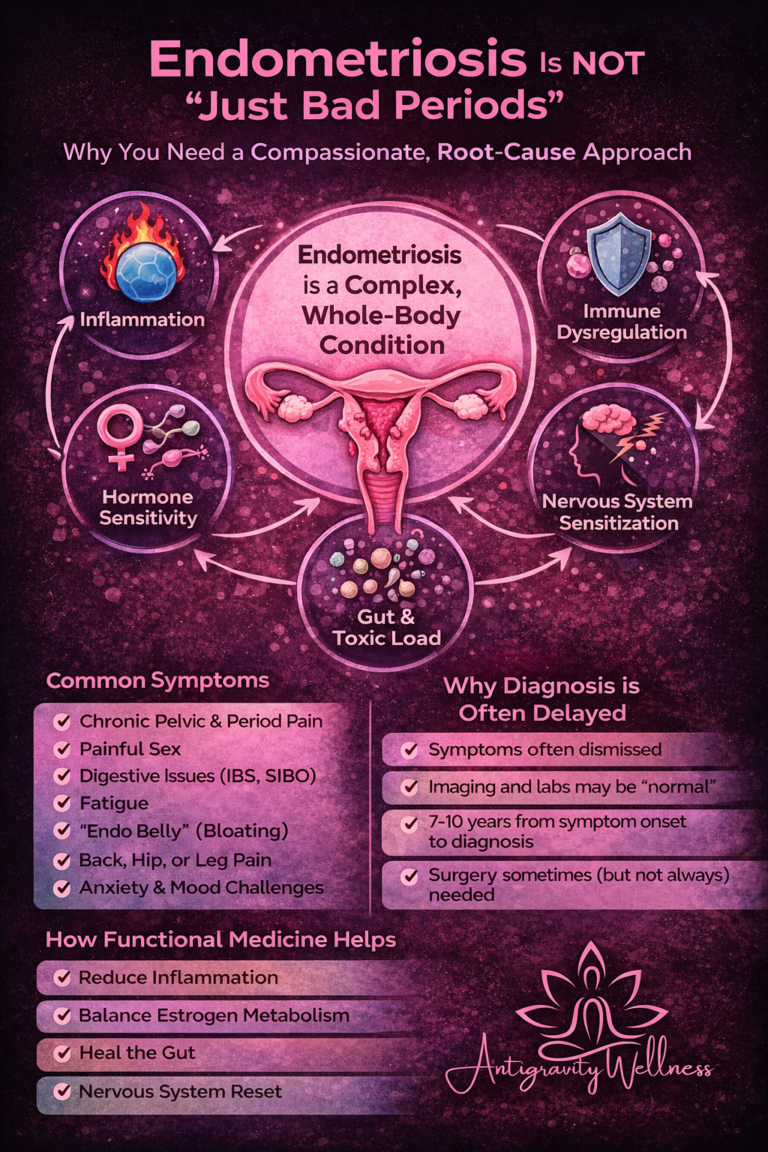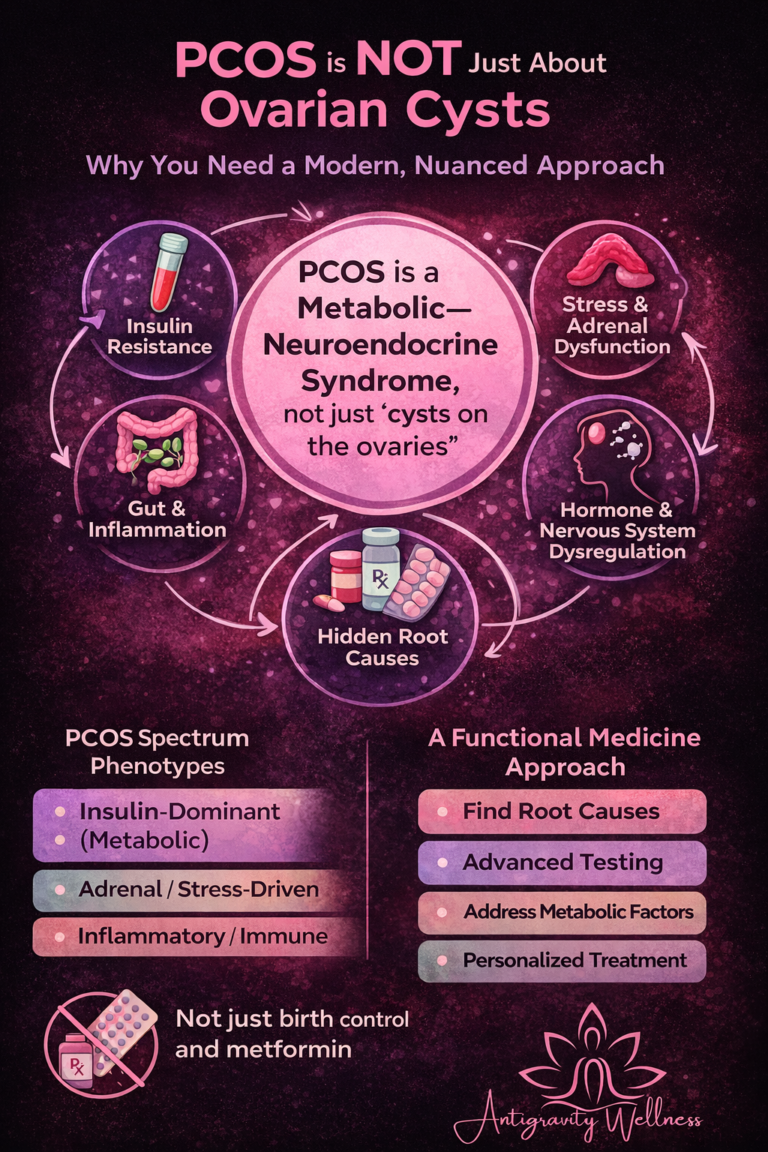How to Reclaim Your Rest
Introduction
Sleep—it’s something we all need, yet for many women going through perimenopause and menopause, restful sleep seems increasingly elusive. Waking up in the middle of the night, struggling to fall back asleep, or tossing and turning until dawn becomes an all-too-common experience. But it doesn’t have to be this way. In this post, we’ll explore why sleep disturbances occur during these life stages, what you can do to improve your sleep, and how to know when it’s time to seek help.
Why Sleep Changes During Perimenopause and Menopause
As women transition through perimenopause and into menopause, their bodies undergo significant hormonal shifts. The decline in estrogen and progesterone levels, which play vital roles in regulating sleep, can lead to a host of sleep-related issues, including:
- Insomnia: Difficulty falling or staying asleep is one of the most common complaints. Hormonal fluctuations can make it harder to achieve and maintain restful sleep.
- Night Sweats: These sudden, intense hot flashes that occur during sleep can leave you drenched in sweat and disrupt your ability to stay asleep.
- Anxiety and Stress: Hormonal changes can also increase feelings of anxiety and stress, which can further complicate your ability to relax and sleep soundly.
These sleep disturbances can start during perimenopause, sometimes years before menopause, and can persist well into post-menopause. But understanding the underlying causes can help you take control and improve your sleep.
Steps to Improve Sleep During Perimenopause and Menopause
- Optimize Your Sleep Environment:
- Keep your bedroom cool, dark, and quiet.
- Invest in comfortable bedding and a supportive mattress.
- Use blackout curtains or a sleep mask to block out light and consider using a white noise machine to minimize disturbances.
- Establish a Consistent Sleep Routine:
- Go to bed and wake up at the same time every day, even on weekends.
- Create a relaxing bedtime routine with calming activities like reading or taking a warm bath.
- Avoid screens (phones, tablets, TVs) at least an hour before bed, as the blue light emitted can interfere with melatonin production.
- Incorporate Relaxation Techniques:
- Practice mindfulness meditation or deep breathing exercises before bed to reduce stress and promote relaxation.
- Consider gentle yoga or stretching in the evening to help calm your mind and body.
- Mind Your Diet:
- Include magnesium-rich foods like leafy greens, nuts, and whole grains in your diet to support better sleep.
- Limit caffeine and alcohol, especially in the afternoon and evening.
- Avoid heavy or spicy meals close to bedtime, which can cause discomfort and disrupt sleep.
- Regular Exercise:
- Engage in regular physical activity, such as walking, jogging, or strength training, to help regulate your sleep-wake cycle.
- Try to exercise in the morning or afternoon to avoid disrupting your sleep.
When to Seek Professional Help
If your sleep troubles persist despite making lifestyle changes, it may be time to seek help from a healthcare professional. Here are a few signs that indicate you should reach out:
- Your sleep issues have been ongoing for several weeks and are impacting your daily life, mood, or health.
- You’re experiencing other symptoms, such as severe mood swings, unexplained weight gain, or fatigue, that could be linked to hormonal changes.
- You’ve tried various remedies, but nothing seems to improve your sleep.
Consulting with a functional nurse practitioner, like myself, can help you get to the root of your sleep problems. We can conduct functional lab tests, assess your hormone levels, and create a personalized treatment plan. This may include hormone therapy, lifestyle adjustments, and more.
Get Your Free Tranquil Sleep Guide
To help you take the next steps toward better sleep, I’ve created a Tranquil Sleep Guide filled with practical tips and actionable steps you can start implementing today. From optimizing your sleep environment to making mindful dietary choices, this checklist will guide you on your journey to reclaiming restful nights.
Download your free guide here: https://drnicoledsmith.myflodesk.com/tranquilsleepguide
Conclusion
Sleep disturbances during perimenopause and menopause can be challenging, but they don’t have to be a permanent part of your life. By understanding the changes happening in your body and making thoughtful adjustments to your lifestyle, you can improve your sleep and overall quality of life. And remember, if you need personalized support, I’m here to help guide you through this transition.
Ready to Take Action?
If you’re ready to take control of your sleep and overall health, consider booking a consultation with Antigravity Wellness. And don’t forget—this month, we’re offering 25% off any service to help you get started on your journey to better sleep and well-being (good through August 2024).
Book your appointment today: https://l.bttr.to/6lFHL
Watch the live recording of this podcast here: https://www.youtube.com/live/d_slQm0A-P0?si=r34ZGQNtTxwP4D4z
Recommended blog on Night Shift Hacks here: https://antigravitywellness.com/night-shift-hacks/




